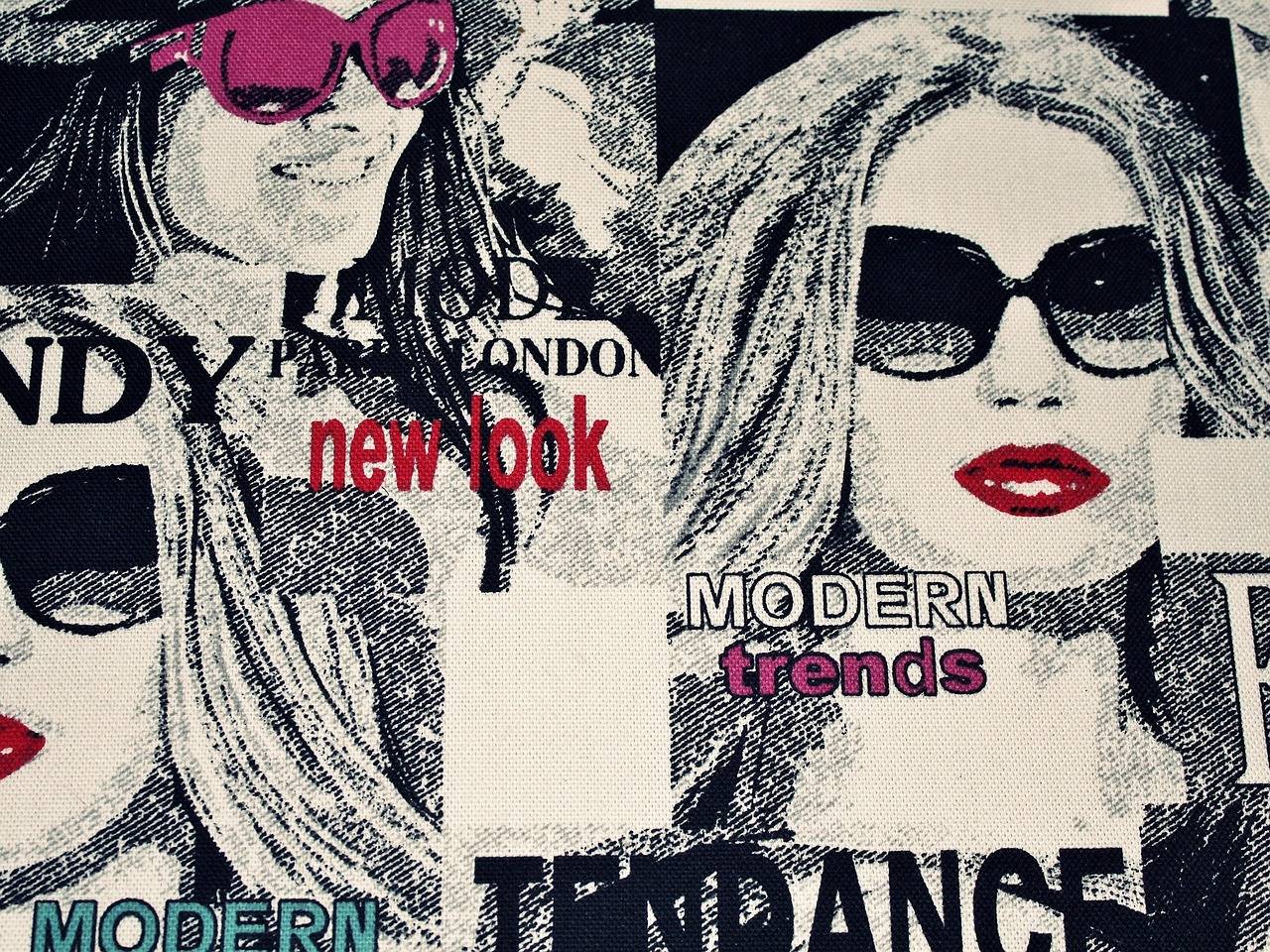The Future of Fashion Retail: AI-Powered Virtual Assistants: Cricbet99.win register, Sky 99 exch, Reddy book club
cricbet99.win register, sky 99 exch, reddy book club: The fashion retail industry is no stranger to technological advancements, with e-commerce platforms and social media reshaping the way consumers shop for clothing and accessories. However, one of the most exciting developments on the horizon for fashion retail is the integration of AI-powered virtual assistants. These intelligent systems have the potential to revolutionize the shopping experience for consumers while also providing retailers with valuable insights into customer preferences and behavior.
AI-powered virtual assistants are a type of artificial intelligence technology that uses natural language processing and machine learning algorithms to interact with users in a conversational manner. These virtual assistants can help customers browse products, make personalized recommendations, answer questions, and provide styling advice, all without the need for human intervention. This level of automation and personalization has the potential to enhance the customer experience and increase sales for fashion retailers.
Here are a few key ways in which AI-powered virtual assistants are poised to shape the future of fashion retail:
1. Personalized Shopping Experiences
AI-powered virtual assistants can analyze a customer’s browsing history, purchase habits, and social media activity to create personalized recommendations tailored to their unique preferences. By understanding each customer’s style, size, and budget, virtual assistants can help shoppers discover new items they may not have found on their own, leading to increased engagement and loyalty.
2. Real-time Styling Advice
Virtual assistants can act as virtual stylists, helping customers put together outfits, mix and match items, and stay on top of the latest fashion trends. By analyzing a customer’s existing wardrobe and providing suggestions for how to style new pieces, virtual assistants can empower shoppers to make confident fashion choices and experiment with new looks.
3. Seamless Customer Support
AI-powered virtual assistants can provide instant support to customers, answering questions about products, sizing, shipping, returns, and more. By offering 24/7 assistance through chatbots or voice-activated systems, retailers can ensure that customers receive quick and accurate information whenever they need it, leading to higher satisfaction rates and repeat business.
4. Data-driven Insights
Virtual assistants can collect data on customer interactions, preferences, and behaviors, providing retailers with valuable insights into consumer trends and sentiments. By analyzing this data, retailers can make more informed decisions about product development, marketing strategies, and inventory management, leading to better business outcomes and increased competitiveness in the market.
5. Enhanced Cross-selling and Upselling
AI-powered virtual assistants can recommend complementary products or upgrades to customers based on their browsing and purchase history. By suggesting items that pair well with what the customer is already considering, virtual assistants can increase the average order value and drive additional sales for retailers, ultimately boosting revenue and profitability.
6. Improved Inventory Management
Virtual assistants can help retailers optimize their inventory by predicting demand for specific products, identifying trends in customer preferences, and recommending which items to restock or discount. By leveraging AI algorithms to analyze sales data and consumer behavior, retailers can reduce stockouts, minimize overstock, and maximize the efficiency of their supply chain operations.
In conclusion, the future of fashion retail is set to be transformed by AI-powered virtual assistants. These intelligent systems have the potential to revolutionize the shopping experience for consumers, providing personalized recommendations, styling advice, and instant support. By harnessing the power of artificial intelligence, retailers can enhance customer engagement, increase sales, and gain valuable insights into consumer behavior. As the industry continues to evolve, AI-powered virtual assistants are poised to play a central role in shaping the future of fashion retail.
—
**FAQs**
Q: How secure is my personal information when using an AI-powered virtual assistant?
A: Retailers have strict security measures in place to protect customer data and ensure privacy when using virtual assistants. Your personal information is encrypted and stored securely to prevent unauthorized access.
Q: Can AI-powered virtual assistants accurately predict my fashion preferences?
A: Virtual assistants use advanced algorithms to analyze your browsing history, purchase habits, and social media activity to make personalized recommendations based on your unique style. While they may not be perfect, they continue to improve over time through machine learning.
Q: Are AI-powered virtual assistants replacing human customer service representatives in fashion retail?
A: While virtual assistants can handle many customer inquiries and tasks autonomously, human customer service representatives still play a vital role in providing personalized support and resolving complex issues. Virtual assistants aim to enhance, not replace, the customer service experience.
Q: How can I provide feedback on my experience using an AI-powered virtual assistant?
A: Retailers often provide feedback channels, such as surveys or customer service hotlines, where you can share your thoughts on using virtual assistants. Your feedback helps retailers improve the functionality and effectiveness of virtual assistants for future use.







